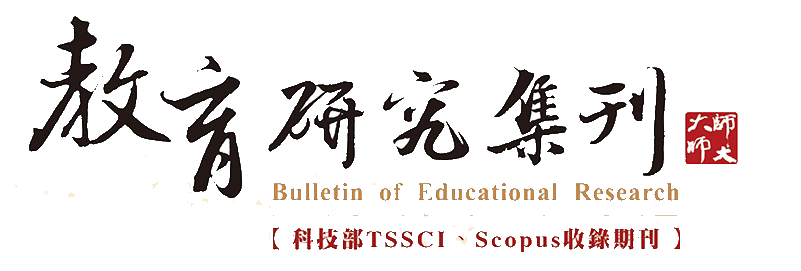| 篇名 |
美育目的分析的重要層面
更多文章
|
|---|---|
| 作者 | 楊深坑 |
| 中文摘要 | 康德〈Imm. Kant 1724─1804〉在其「教育論」中以為人是唯一需要教育的存在物。其他動物恃其本能力量以為用,惟人則須經教育方足以為人。然則,由於人之秉性好尚自由,甚至可以為自由而犧牲生命。因此,康德更以為教育不能訴諸外在的制約,而宜由人類透過自身的努力,逐步開展其內在的秉賦。何為人類內在之秉賦?考諸中西典籍,雖然眾說紛紜,莫衷一是,然而輕忽人類情緒生活的處理似為中西哲學傳統的共同特色。我國哲學傳統,不管各家學說對於人性看法如何分歧。然要皆以情為惡之根源。西方哲學自柏拉圖以降,一向把情感歸諸混亂不堪之現象界,此種見地尤以十七、八世紀的理性主義哲學達於其極,笛卡兒〈R. Decartes〉,史賓挪薩〈B. Spinoza〉、萊布尼茲〈G. Leibnitz〉等率皆以情緒為混淆之觀念,足以阻礙人類提昇精神生活於理智澄澈之境界。康德以來的西方哲學,對於人類情緒生活之不可還原性雖有較深刻的體驗。然而,康德以及康德影響下的哲學,猶不免於忽略人類情緒生活的意向性、秩序性、貶低了人類的情緒生活。 |
| 英文摘要 | Through historical approach and theoretical analysis, this paper attempts to deal with the important facets of formulating the objective in aesthetic education.First of all, historical development of modern concept in aesthetic education is discussed in part I. Traditionally, pragmatic, social and moral funitions of aesthetic education were emphasized both in eastern and western world. With the establishment of aesthetics as an independent philosophical discipline in 18 th century, the importanc |
| 起訖頁 | 123-147 |
| 刊名 | 教育研究集刊 |
| 期數 | 198306 (25期) |
| 出版單位 | 國立臺灣師範大學教育學系 |
| 該期刊-上一篇 | 國中學生學習行為之研究 |
| 該期刊-下一篇 | 課程概念剖析 |








